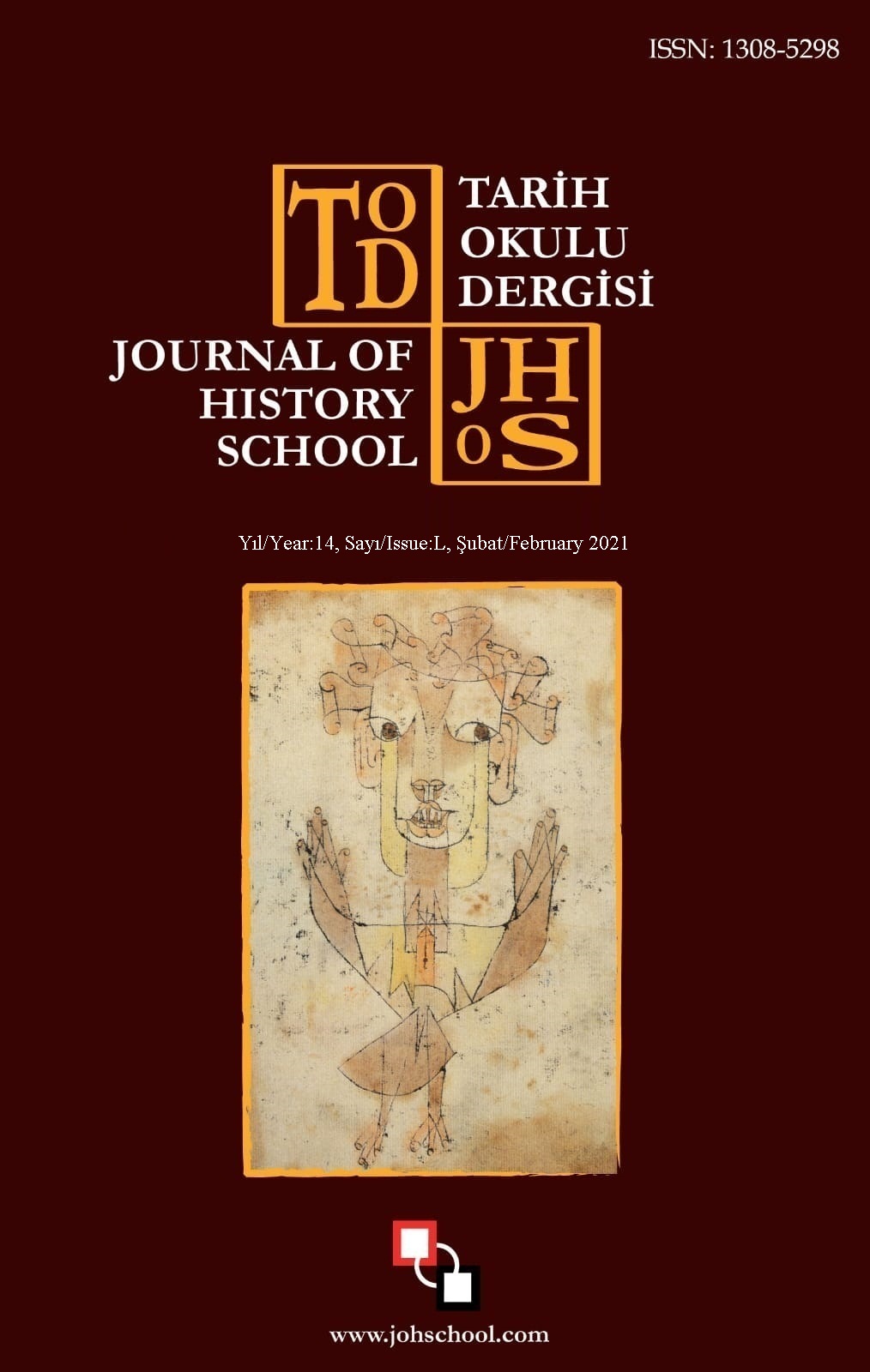Author :
Abstract
Bu çalışmanın amacı, COVID-19 pandemi sürecinde uzaktan görsel sanatlar eğitimi uygulamalarına ilişkin öğretmen görüşlerini incelemektir. Araştırma, durum çalışması modeline dayalı nitel bir çalışmadır. Araştırmanın amacına bağlı olarak farklı illerde ve okullarda görev yapan 12 görsel sanatlar öğretmenin görüşüne başvurulmuştur. Yarı yapılandırılmış görüşme formu ile toplanan veriler, içerik analizi tekniği ile analiz edilmiştir. Araştırma sonucunda, COVID-19 pandemi sürecinde görsel sanatlar öğretmenlerinin uzaktan görsel sanatlar öğretimine yönelik olumlu ve olumsuz görüşlere sahip oldukları belirlenmiştir. Öğretmenlerin uzaktan görsel sanatlar öğretim sürecinde internete erişim, altyapı eksikliği ve öğrenme süreci ile ilgili sorunlar yaşadıkları tespit edilmiştir. Ayrıca öğretmenlerin uzaktan eğitim sürecinde düz anlatım yöntemini diğer yöntem ve tekniklere göre daha fazla tercih ettikleri belirlenmiştir. Elde edilen sonuçlar doğrultusunda, öğrencilerin ve öğretmenlerin COVID-19 salgını gibi ve olağanüstü afet durumlarında uzaktan eğitime hazırlamak amacıyla yeni planlamalar ve öğretim programlarının düzenlenmesi önerilmektedir.
Keywords
Abstract
The aim of this study is to evaluate the perceptions of teachers regarding distance visual arts education in the COVID-19 pandemic. The study is a qualitative study that is based on the case study model. Based on the aim of the study, perceptions of 12 visual arts teachers, who served in various cities in Turkey, were inquired. The data, which were collected by a semi-structured interview form, were analyzed by the content analysis technique. As a result of the study, it was determined that the visual arts teachers had positive and negative perceptions regarding distance visual arts education in the COVID-19 pandemic. It was determined that the teachers experienced problems that were related to internet access, lack of infrastructure, and learning processes in the process of distance visual arts education. Furthermore, it was determined that the teachers preferred the direct instruction method more frequently compared to other methods and techniques in the distance education process. According to the results of the study, it is suggested that new plans and education programs should be developed to prepare students and teachers for distance education in extraordinary disaster situations.





